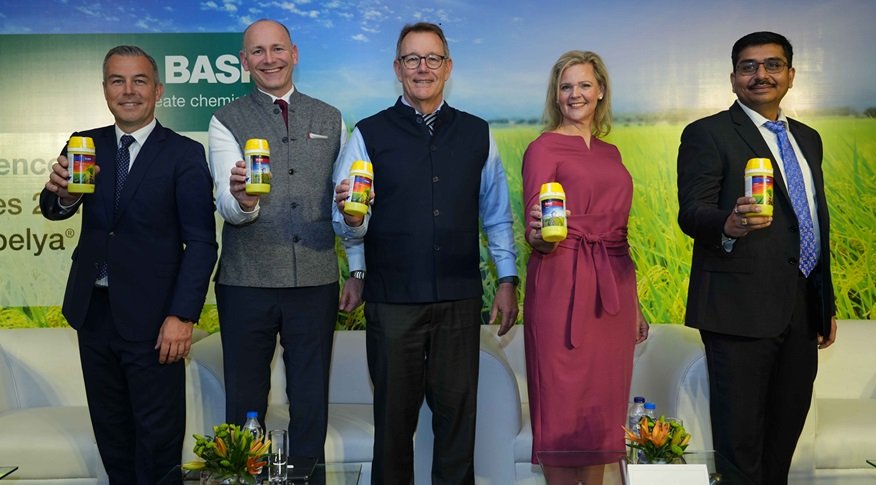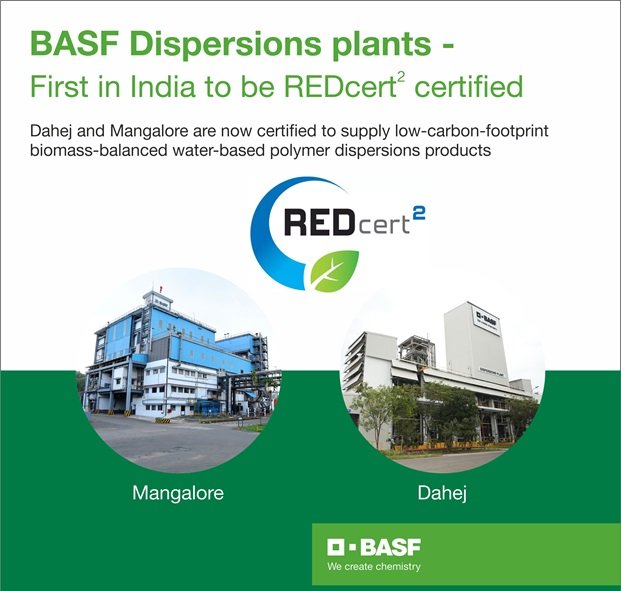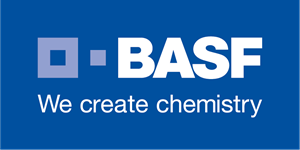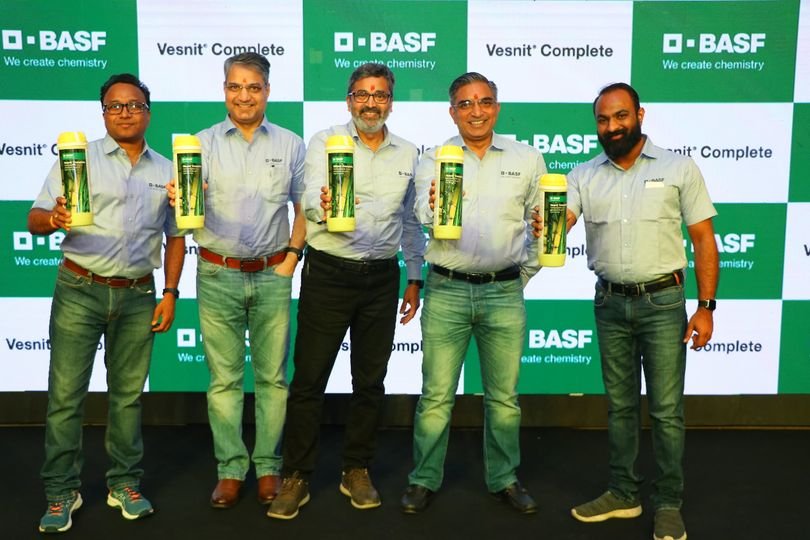BASF launches Valexio insecticide & Mibelya fungicide for Indian rice growers
India rice farmers are first in the world to obtain BASF’s latest innovative chemistry Valexio Insecticide – powered by Prexio Active, that manages all rice hoppers.
BASF India has launched two of its latest global crop protection solutions, Valexio® Insecticide and Mibelya® Fungicide, that will serve India’s most important food crop – rice. The introduction of these two innovations will support India’s national food security agenda. These solutions will help rice growers boost their rice yields as they help manage rice hoppers, a key rice pest, and control diseases such as sheath blight control.
With annual production of more than 100 million metric tons, India is the second-largest producer of rice in the world, contributing significantly to around 40 percent of global rice trade. The impact of climate change has affected rice growers in India badly, with erratic weather condition resulting in droughts, diseases, and the proliferation of hoppers that results in lower and poorer quality yields.
“Valexio® is BASF’s latest insecticide and marks a pivotal moment, not only for rice growers in Asia Pacific, but for our long-term commitment to the Rice Crop System in the region. We are very excited to be able to launch it first in India because we know how rice growers are in need for new chemistry to support their pest management,” says Marko Grozdanovic, Senior Vice President, Global Strategic Marketing & Sustainability at BASF Agricultural Solutions. “The active ingredient has no known cross-resistance to market standards, and provides outstanding efficacy and long residual control against all damaging life stages of the rice hopper species.”
Studies conducted have demonstrated thatValexio® also fortifies rice plants with superior plant health benefits. Valexio® -treated rice plots show a stronger stem, a denser canopy, enhanced root mass and broader flag leaves resulting in a more protected plant with potential to deliver higher yield for rice growers.
With the coming monsoon season, rice growers also need the latest chemistry to ensure greater selectivity and high efficacy in disease management. Mibelya® is powered by BASF’s latest fungicide active ingredient Revysol® and its other patented active ingredient Xemium®. Rice growers will now have the latest chemistry – a dual mode of action, that acts faster, protects deeper and provides long duration control on sheath blight and dirty panicle of rice.
Simone Barg, Senior Vice President, BASF Agricultural Solutions, Asia-Pacific says: “Rice is not only a key crop for India, it is for the millions of farmers throughout Asia. Today’s launch of Valexio® and Mibelya® represents an unprecedented victory for farmers and sustainable agriculture. With our innovations, we can effectively address pests and diseases impacting growers and ensure farming communities stay ahead with superior benefits of resistance management and favorable profile, designed to meet the highest level of regulatory standards.”
“I am excited and very proud to be able to witness this day. Two of the latest BASF innovations are available for rice growers in India, and this is important to me because in my interactions across India, farmers would ask me ‘how can you help me secure or increase my yield?’ With Valexio® Insecticide and Mibelya® Fungicide, my team and I will work extensively to ensure that rice growers are able to get access to the innovations, as I know that these will help them improve the quality and yields this year,” says Giridhar Ranuva, Business Director, Agricultural Solutions, BASF India. “Additionally, we would like to appreciate the relevant authorities, scientific community and those in agriculture who are working alongside us to support farmers do the biggest job on Earth.”
India rice farmers are first in the







